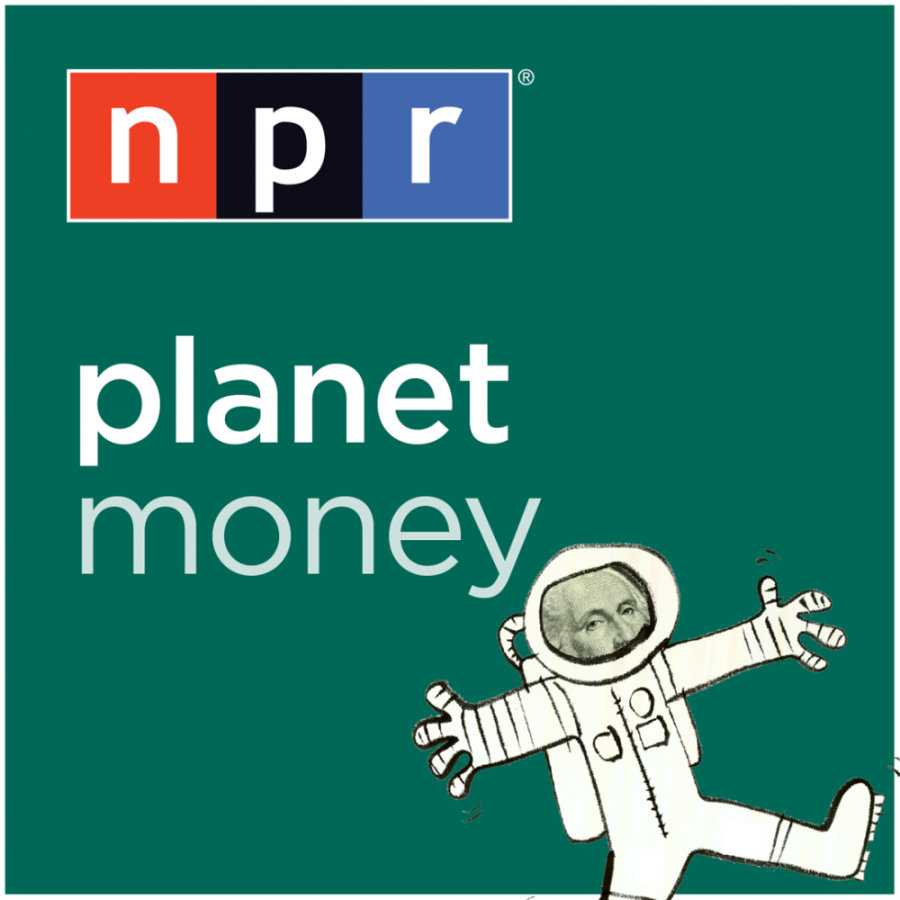For most people, economics is an ominous field, synonymous with what they hear from talking heads on cable news shows. Normally, toxic assets, shorting stocks and regulating agriculture probably sound like the last things you want to hear during your precious time off, but a podcast from NPR called “Planet Money” makes these topics exciting and fresh.
“Planet Money” was created in September 2008, right in the middle of the U.S. financial crisis. The show “This American Life” worked with NPR’s business correspondent Adam Davidson to create an episode called “The Giant Pool of Money,” which explained the financial crisis through the eyes of financiers and those trapped in mortgages. The episode was so successful, the show’s producer at the time, Alex Blumberg, teamed up with Davidson to create “Planet Money” in order to cover business and the economy. The podcast runs twice a week and its over 600 episodes are usually between 15 to 30 minutes in length.
The show takes a hands-on approach to explaining economic issues. The staff pooled their own money together to create the “Planet Money” investment fund, which they use to finance their various stories. In spring 2010, the team contributed to the financial crisis by buying a toxic asset that the members named “Toxie.”
Over the course of their special series, they explained that their toxic asset was a collection of mortgages from people all over the country. If people paid their mortgage, “Planet Money” received a small cut — but, like most toxic assets, no one paid. The team travelled across the country to interview the homeowners who were part of the asset in order to learn about the financial crisis from the people who were suffering through it. The series ultimately culminated with Toxie’s death, because everyone had defaulted on their loans.
But Toxie was not the team members’ last project. In fall 2010, they purchased a gold coin to better understand how gold is traded. In 2012, they created an offshore company to prove how easy it is to hide money in different countries. In 2013, they used the website Kickstarter to make T-shirts for their backers. Instead of simply ordering in bulk online, “Planet Money” followed the shirts from seed to final shipping. They interviewed everyone from the cotton farmers to the factory workers to understand how interconnected the global economy is.
Their most recent project is almost as bad of an investment as Toxie. In January, the “Planet Money” team decided to bet against the 500 largest companies in the country in an episode called “We’re Short America.” The team shorted the Standard & Poor’s 500 Index, which means they will make money if those companies’ stocks decline in value.
“Planet Money” is one of the most innovative podcasts out there. It seamlessly explains complicated economic topics in the news and shows why they matter to the average American. They are constantly updating old stories when new developments occur, which allows listeners to see how some of these dense political issues evolve.
Listen to “Planet Money” by streaming or downloading episodes for free from its website.
_______________
Follow Patrick O’Connor on Twitter.









